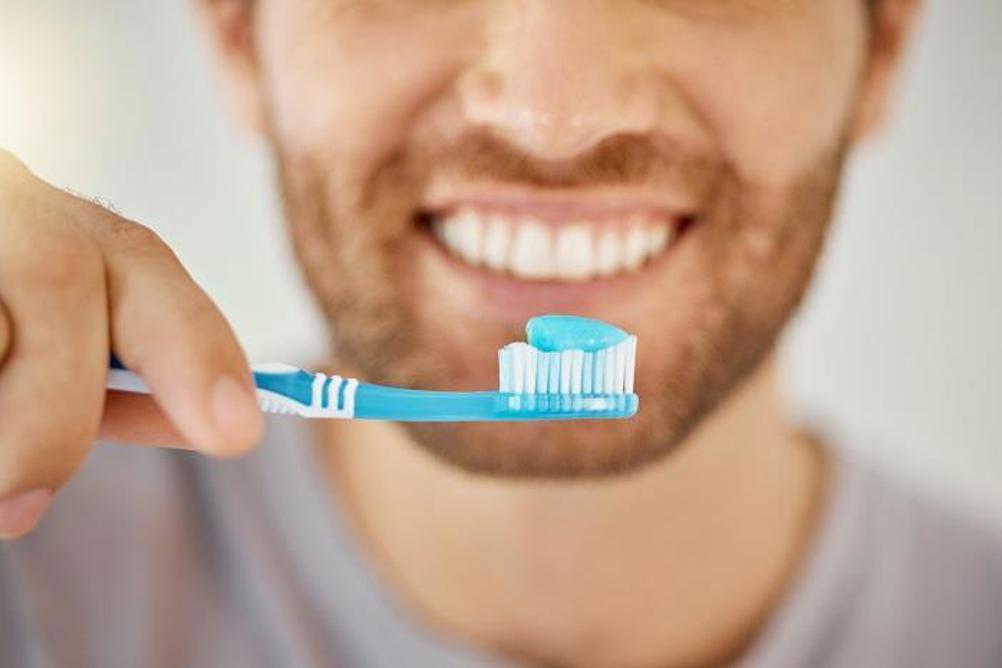
A new study by investigators from Brigham and Women’s Hospital, a founding member of the Mass General Brigham healthcare system, and Harvard Pilgrim Health Care Institute examined whether daily toothbrushing among hospitalised patients is associated with lower rates of hospital-acquired pneumonia and other outcomes.
The team combined the results of 15 randomised clinical trials that included more than 2,700 patients and found that hospital-acquired pneumonia rates were lower among patients who received daily toothbrushing than those who did not. The results were especially compelling among patients on mechanical ventilation. Their results are published in JAMA Internal Medicine.
“The signal that we see here towards lower mortality is striking—it suggests that regular toothbrushing in the hospital may save lives,” said Michael Klompas, corresponding author and professor of population medicine at Harvard Pilgrim Health Care Institute. “It’s rare in the world of hospital preventative medicine to find something like this that is both effective and cheap. Instead of a new device or drug, our study indicates that something as simple as brushing teeth can make a big difference.”
Register now to continue reading
Thank you for visiting Dental Nursing and reading some of our resources. To read more, please register today. You’ll enjoy the following great benefits:
What's included
-
Up to 2 free articles per month
-
New content available
Already have an account? Sign in here
